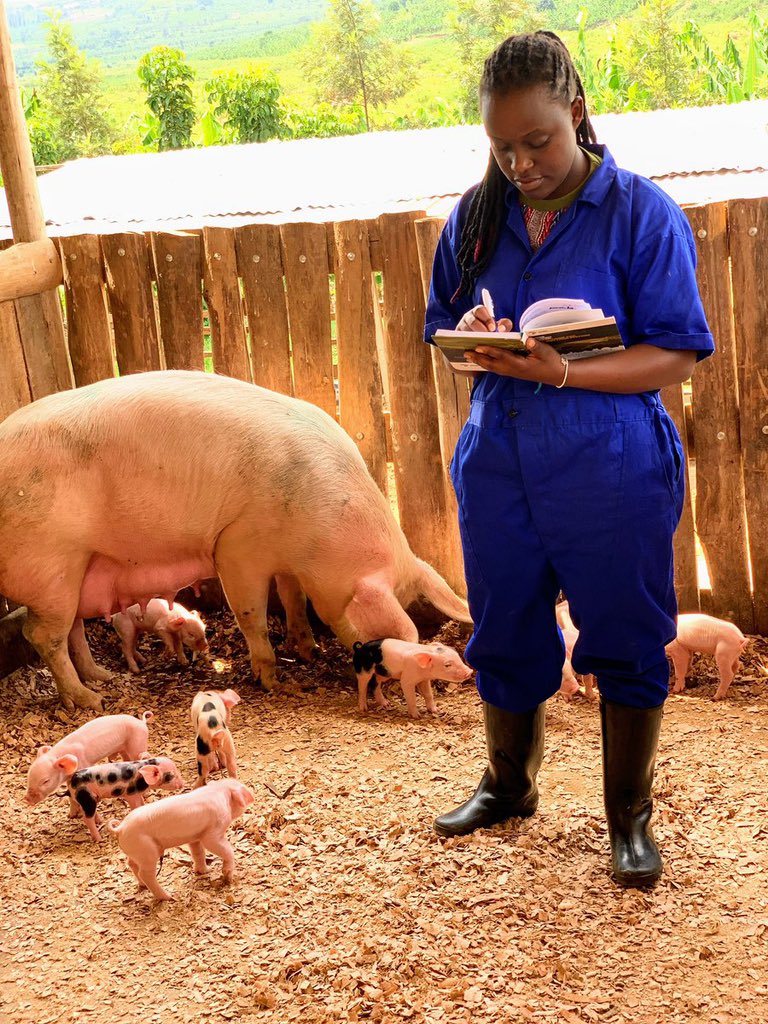Hello, there, farmers.
If you are already in or planning to venture into broiler farming, keeping accurate records is crucial for effective management and success in broiler farming.
Here are some important records to maintain on your broiler farm:👇
#Broilers #RecordKeeping
👇



If you are already in or planning to venture into broiler farming, keeping accurate records is crucial for effective management and success in broiler farming.
Here are some important records to maintain on your broiler farm:👇
#Broilers #RecordKeeping
👇




Flock Management Records: Maintain records of important flock details such as the date of arrival, breed, number of chicks, and mortality rates. Track weight gain, uniformity and growth rates to assess flock performance. 



Feed and Water Records: Keep detailed records of feed and water consumption for each flock. This information helps evaluate feed conversion ratios, adjust feeding programs, and identify any irregularities or changes in consumption patterns.
Health Records: Maintain a comprehensive health record for each flock. Record vaccination dates, medications/drugs administered, and any signs of illness or disease. Regularly monitor flock health and document any treatments or interventions. 



Financial Records: Track all financial transactions related to your broiler farm. Record expenses for feed, medications, vaccinations, equipment, labor, and other operational costs. Monitor income from sales and calculate profit margins.
Environmental Records: Keep records of temperature and humidity levels in the poultry barn/chicken house. This helps assess the effectiveness of ventilation and heating systems, ensuring optimal environmental conditions for broilers.
Market Records: Maintain records of market trends, pricing, and customer preferences. Track sales volume, market demand, and feedback from buyers. This information helps you make informed marketing decisions and adapt your strategies.
Maintaining these records allows you to analyze data, identify patterns, and make informed decisions to improve efficiency and profitability on your broiler farm. Embrace technology and use digital tools to streamline record-keeping and analysis.
#BroilerFarmRecords #Agribusiness
#BroilerFarmRecords #Agribusiness
Lastly, @farmtrics82380 can help you with that, consults them for guidance.
Email: sales@farmtrics.com

Email: sales@farmtrics.com


• • •
Missing some Tweet in this thread? You can try to
force a refresh

 Read on Twitter
Read on Twitter



















